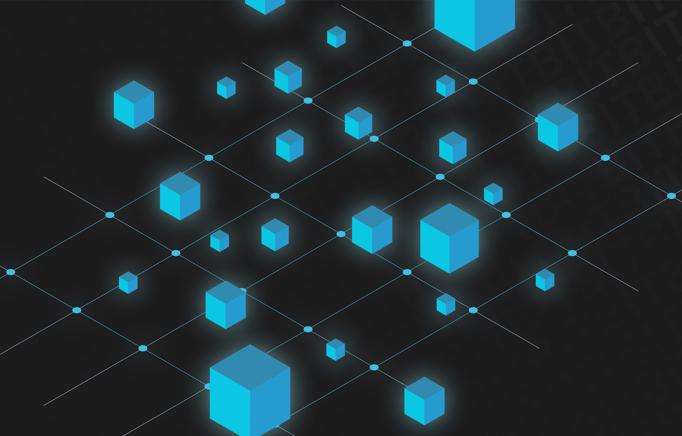What are dApps?
Tiền điện tử cho người nâng cao
Các bài viết khác
Decentralized applications (dApps) are digital programs or applications that run on a blockchain or peer-to-peer (P2P) network of computers rather than on a single computer. DApps (also known as dApps) exist outside of the control and jurisdiction of a single authority. DApps, which are frequently constructed on the Ethereum platform, can be used for a wide range of applications, including gaming, finance, and social media.
A normal web app, such as Instagram or Bolt, runs on a computer system owned and maintained by a company, allowing them complete control over the app and its functionality. On one side, there may be several users, but the backend is managed by a single entity. DApps can run on either a peer-to-peer (P2P) or a blockchain network. uTorrent, Tor, and others, for example, are software that run on computers that are part of a peer-to-peer (P2P) network, where numerous participants are consuming, feeding, or seeding content, or doing both roles at the same time.
In the context of cryptocurrencies, decentralized applications (dApps) run on a blockchain network in a public, open-source, decentralized environment, free of any single authority's control or interference. Once something is posted on dApp, nobody can delete these messages, while on Instagram for example they can be removed.
A single corporation owns a centralized app. A centralized app's application software is stored on one or more company-controlled servers. You'll engage with the app like a user by downloading a copy of it and then submitting and receiving data from the company's server. Most known such applications are Facebook, Twitter, Uber, …
A decentralized app is a computer program that runs on a blockchain or peer-to-peer network. Instead relying on a central authority, it allows users to conduct transactions directly with one another. The user of a dApp will pay a cryptocurrency fee to the developer to obtain and utilize the program's source code. A smart contract is a type of source code that allows users to perform transactions without disclosing personal information. Most known such applications are Peepeth – alternative to Twitter, Cryptokitties – dApp game.
Advantages of dApps are:
- Program’s ability to safeguard user privacy.
- They use smart contracts to make a transaction between two sides.
- Free speech makes possibility for them to be alternative to social media because such platforms would be without censorship.
- Rapid deployment of dApps is possible, because everything is based on Ethereum’s blockchain, which will also allow them to be I multiple sectors like gaming, finance, social media etc.
Disadvantages of dApps are:
- It is still in development.
- They are experimental, which means that they may not be able to scale.
- Since it is on blockchain, it is not user friendly.
- It is difficult to make modifications to a code.


